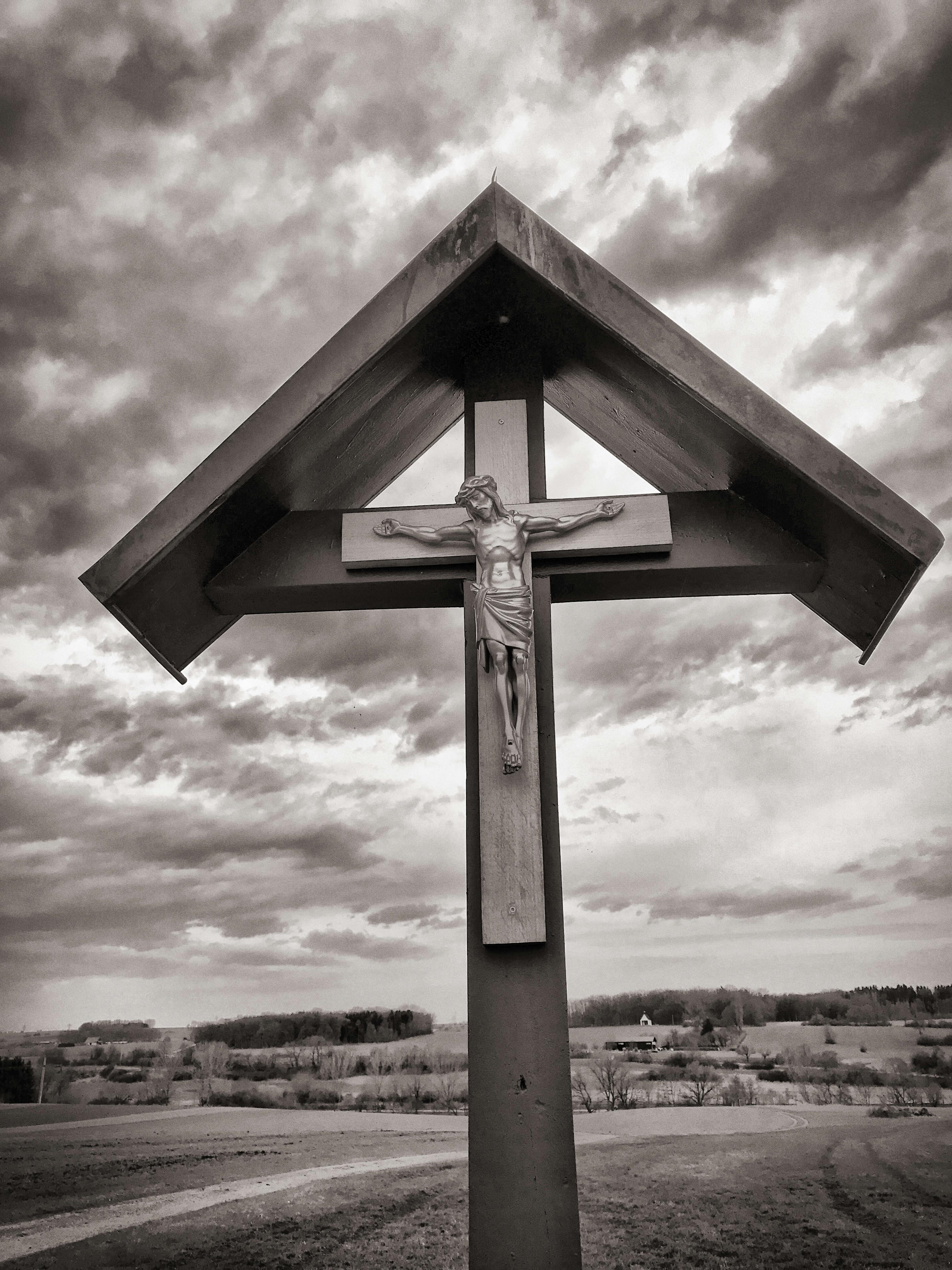What do you know about Ash Wednesday?
Ash Wednesday marks the beginning of the season of Lent in the Christian liturgical calendar. It is a day when Christians around the world gather to reflect on their spiritual lives, repent for their sins, and commit to a period of renewal and growth in faith. This day, which is observed 46 days before Easter, is one of the most significant days in the Christian year, as it ushers in a season of reflection, self-examination, and preparation for the celebration of Christ’s resurrection.
The Meaning of Ash Wednesday
The name “Ash Wednesday” comes from the practice of marking the foreheads of believers with ashes, which is the central ritual of the day. The ashes are traditionally made by burning the palms from the previous year’s Palm Sunday celebration. These ashes are a symbol of repentance and humility, as they remind Christians of their mortality and need for God's forgiveness.
The words spoken during the application of the ashes - “Remember that you are dust, and to dust you shall return” or “Repent and believe in the Gospel” - are powerful reminders of the transient nature of life and the call to turn back to God. In the Book of Genesis, God says to Adam, “For dust you are and to dust you will return” (Genesis 3:19). This phrase reminds us that life is fleeting, and it invites us to reflect on our spiritual state, acknowledging that we are in need of God’s mercy.
Ash Wednesday serves as a humble reminder that our bodies are temporary, but our souls are eternal. It calls us to examine our lives and prepare our hearts for the season of Lent, during which we reflect on the suffering and sacrifice of Jesus Christ.
The Tradition of Fasting and Prayer
Ash Wednesday is also a day of fasting and prayer. The act of fasting on Ash Wednesday is an outward expression of humility and repentance. Christians are encouraged to eat only one full meal and to refrain from eating meat, as a way to practice self-discipline and remind themselves of the need for spiritual nourishment. Fasting is not only about abstaining from food but also about focusing on deepening one’s relationship with God.
In addition to fasting, Ash Wednesday is a day of prayer. It is a time for Christians to connect with God, to confess their sins, and to seek forgiveness. Through prayer, believers open their hearts to God’s love and grace, asking for the strength to overcome the temptations and distractions of daily life.
The Spiritual Significance of Ash Wednesday
Ash Wednesday is not only about external rituals; it is a deeply spiritual occasion. It marks the start of Lent, a 40-day period of fasting, prayer, and almsgiving that leads up to Easter. The 40 days of Lent are modeled after the 40 days that Jesus spent fasting in the wilderness, where He faced temptation and prepared for His ministry (Matthew 4:1-11). During Lent, Christians are invited to follow in Jesus' footsteps, taking time for prayer and reflection, and seeking to grow closer to God.
The season of Lent is a time to turn away from sin and turn toward God. It is an opportunity for personal transformation, where believers can examine their lives, seek repentance, and commit to living more fully in alignment with God’s will. Ash Wednesday sets the tone for this journey, reminding us that through repentance and humility, we can experience spiritual renewal and growth.
The Call to Repentance and Humility
One of the key themes of Ash Wednesday is repentance. The ashes on our foreheads symbolize our repentance and our desire for spiritual cleansing. Repentance is not just about feeling guilty for past wrongs, but about a deep, heartfelt turning back to God. It is an acknowledgment that we have strayed from God's path and a desire to return to Him with sincerity.
The Bible tells us that God is merciful and quick to forgive those who genuinely repent. In 1 John 1:9, it says, “If we confess our sins, he is faithful and just and will forgive us our sins and purify us from all unrighteousness.” This promise of forgiveness is central to the message of Ash Wednesday: that no matter how far we may have wandered, God’s love and mercy are always available to us when we turn back to Him with a contrite heart.
The ashes also represent humility. In the Bible, ashes were often associated with mourning, sorrow, and humility. In the Old Testament, people would sit in ashes to express their grief and repentance (Jonah 3:6, Daniel 9:3). By wearing ashes on Ash Wednesday, Christians are acknowledging their own mortality and the need for God’s grace. It is a moment to humble ourselves before God and recognize that we are dependent on His mercy and love.
A Call to Reflect and Prepare
Ash Wednesday is not just about the outward ritual of receiving ashes or the practice of fasting; it is about preparing our hearts for the journey of Lent and, ultimately, the joy of Easter. It is an invitation to reflect on our lives, to recognize the areas where we need healing, and to seek God’s help in transforming us.
As we begin the season of Lent, we are called to give up distractions, to focus on our relationship with God, and to draw closer to Him in prayer, fasting, and acts of charity. Lent is an opportunity to let go of the things that pull us away from God and to make space for Him in our lives. It is a time to renew our commitment to Christ and to grow in faith, love, and service to others.
The Start of a Journey
Ash Wednesday marks the beginning of a transformative journey - a journey of repentance, renewal, and spiritual growth. It is an opportunity to draw closer to God, to reflect on our lives, and to prepare our hearts for the joy of Easter. As we receive the ashes and begin our Lenten observance, let us remember that God is always with us, offering forgiveness, mercy, and grace. May this season of Lent be one of deep spiritual renewal, as we walk with Christ toward the celebration of His resurrection.





















